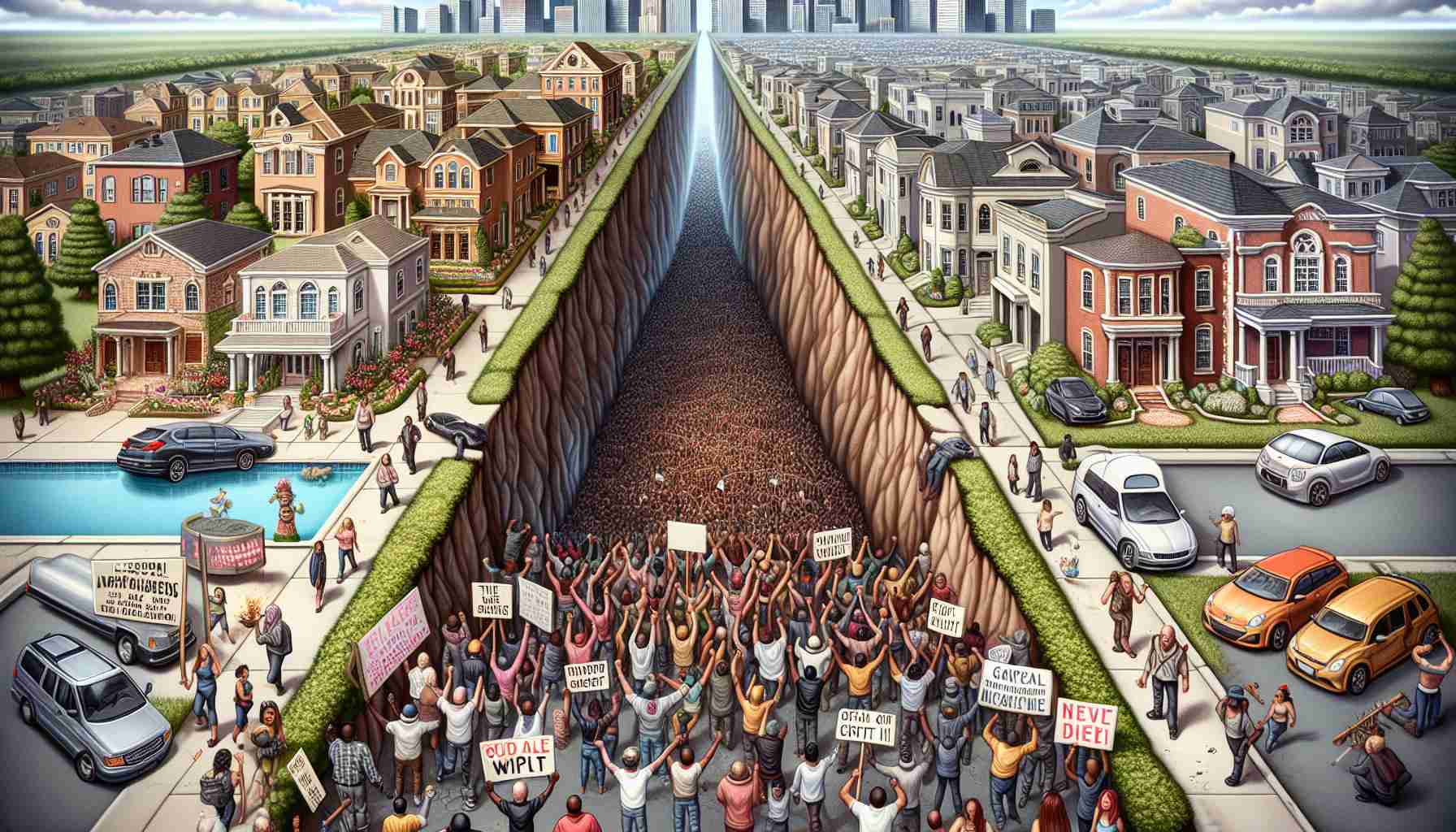
Impact of Economic Inequality on Social Unrest
Recent Unrest in the United Kingdom
Following a tragic incident in Southport resulting in violent protests across the UK, false rumors targeting refugees have fueled the unrest. These protests reflect underlying issues of anger and frustration among the population.
Insight from Expert
According to Erik Swyngedouw, a professor at the University of Manchester, the current situation was not unforeseen due to long-standing economic disparities. The unrest, triggered by a specific event, was inevitable given the prevailing social and economic conditions and the scapegoating of migrants.
Root Cause of Unrest
Swyngedouw highlights the conservative policies of the past 14 years, emphasizing a xenophobic stance aimed at uniting the population against an external enemy. This divisive rhetoric, now focusing on migration, exacerbates the challenges faced by many British citizens.
Social and Economic Struggles
The deteriorating conditions in housing, healthcare, education, and infrastructure have significantly impacted socio-economically vulnerable individuals. This sense of hopelessness has brewed resentment, leading to the eruption of protests and violence.
Potential for Change
With the recent electoral victory of Labour, there is hope for change. However, skepticism remains regarding the party’s ability to address the deep-rooted issues contributing to the unrest. Despite the shift in political power, substantial transformations are essential to address the underlying social and political tensions driving the irrational acts of violence.
The Impact of Economic Inequality on Social Unrest: Unveiling Deeper Realities
As we delve further into the complex dynamics of social unrest, it becomes evident that economic inequality plays a pivotal role in shaping the landscape of discontent and upheaval within societies worldwide. Beyond the immediate triggers that spark protests and violence, a closer examination of the underlying economic disparities unveils a multitude of critical questions and challenges that need addressing.
Key Questions and Insights:
– How does economic inequality contribute to social unrest?
– What are the systemic factors that perpetuate and exacerbate disparities?
– In what ways can policymakers effectively mitigate the impacts of inequality on social cohesion?
– Are there successful models from history that demonstrate effective strategies for reducing unrest stemming from economic grievances?
Challenges and Controversies:
The discourse surrounding economic inequality and its link to social unrest is fraught with complexities and controversies. Some of the key challenges include:
– Balancing the need for economic growth with equitable distribution of resources.
– Addressing deep-rooted systemic issues without triggering further unrest.
– Navigating the political landscape to implement sustainable solutions that have broad societal support.
Advantages and Disadvantages:
Advantages of addressing economic inequality include:
– Strengthening social cohesion and fostering a more inclusive society.
– Potentially reducing the likelihood of violent conflicts and protests.
– Promoting long-term economic stability and sustainable growth.
However, there are also disadvantages to consider:
– Resistance from powerful interests that benefit from the status quo.
– Potential backlash from segments of society that perceive redistribution efforts as unjust or discriminatory.
– The challenge of ensuring that policies aimed at reducing inequality do not inadvertently hamper economic development.
For further insights into the intricate relationship between economic inequality and social unrest, it is essential to explore reputable sources such as World Bank for comprehensive data and analysis on global economic trends and disparities. Understanding the underlying factors and implications of economic inequality is crucial in formulating effective strategies to address social unrest and build a more equitable future for all.

















